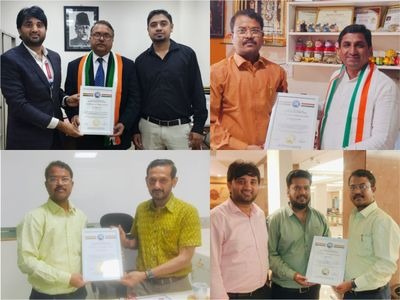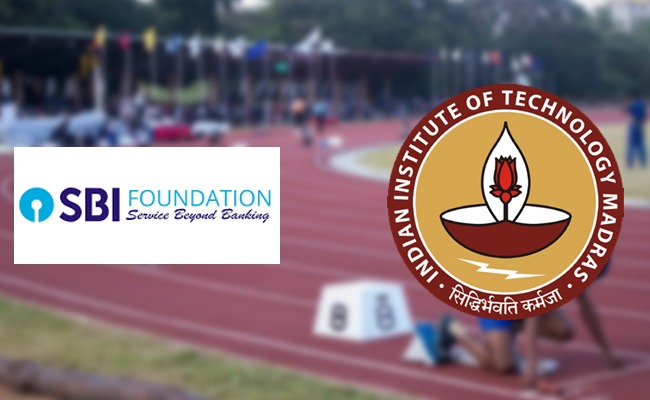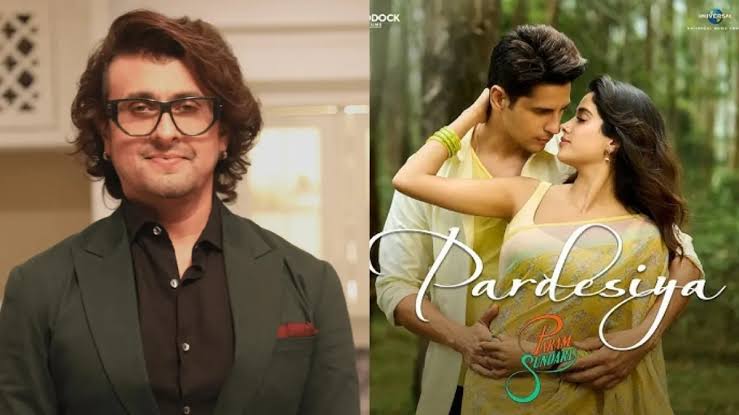
Follow WOWNEWS 24x7 on:

In a landmark initiative aimed at reshaping legal education and promoting alternative dispute resolution (ADR), the School of Law at Dr. Vishwanath Karad MIT World Peace University (MIT-WPU), Pune, has successfully concluded a 40-hour Mediation Training Programme under the aegis of the Mediation and Conciliation Project Committee (MCPC) of the Supreme Court of India. Held in August 2025, the programme marks a significant step toward equipping future legal professionals with practical skills in conflict resolution and community-based justice.
The training, meticulously designed in accordance with MCPC guidelines, blended theoretical instruction with hands-on simulations, role-plays, and case studies. It welcomed a diverse cohort of legal professionals, academicians, and faculty members, fostering a collaborative learning environment that reflects MIT-WPU’s commitment to holistic and transformative legal education.
Key Highlights from the Programme
- 40-hour intensive mediation training conducted under MCPC, Supreme Court of India
- Delivered by nationally recognised experts including Shri Jeetendra L. Gandhi and Advocate Prathamesh D. Popat
- Valedictory ceremony held at MIT-WPU’s Kothrud campus, graced by Hon’ble Justice G.A. Sanap
- Participants included legal professionals, faculty, and academicians from across India
- Programme coordinated by Dr. Santosh Aghav, Dr. Pournima Inamdar, and Dr. Abhijeet Dhere
Curriculum and Pedagogical Approach
The training programme was structured to provide a balanced mix of conceptual clarity and practical exposure. Sessions covered the fundamentals of mediation, negotiation techniques, ethical considerations, and the legal framework governing ADR in India. Interactive modules included:
- Role-play exercises simulating real-world disputes
- Case study analysis to understand mediation dynamics
- Group discussions on community-based conflict resolution
- Feedback sessions with senior trainers and legal experts
The programme was not limited to classroom instruction. It integrated MIT-WPU’s broader educational philosophy, which includes rural immersion programmes, field visits, and international study tours. This approach ensures that students and professionals gain a nuanced understanding of law in action, beyond textbooks and courtrooms.
Institutional Vision and Leadership
The initiative aligns with the vision of Revered Prof. Dr. Vishwanath D. Karad, President, and Dr. Rahul V. Karad, Executive President of MIT-WPU, who advocate for peace, justice, and constructive dialogue through education. Since its inception in 2018, the School of Law has emerged as a leading institution in India, known for its value-driven pedagogy and emphasis on experiential learning.
Faculty co-conveners Ms. Nuvita Kalra and Ms. Mithila Shelar played a pivotal role in ensuring academic rigor and logistical coordination. Their efforts contributed to the seamless execution of the programme and its alignment with MCPC standards.
Recognition and Impact
The School of Law’s commitment to excellence was recently acknowledged at the International Legal Conference 2025, where it received the Award of Excellence from Hon’ble Justice Manmohan of the Supreme Court of India. Students have also excelled in national competitions, including winning the Best Memorial Award at the 8th Surana & Surana and Shaastra IIT Madras Intellectual Property Law Moot Court.
The mediation training is expected to have a lasting impact on participants, many of whom will go on to serve as certified mediators in courts, community centers, and corporate settings. It also reinforces the Supreme Court’s push for ADR as a viable alternative to litigation, easing the burden on India’s judicial system.
Looking Ahead
As India embraces legal reform and ADR mechanisms, initiatives like MIT-WPU’s mediation training will play a crucial role in shaping a new generation of legal professionals. By combining academic excellence with practical skill-building, the university continues to lead the way in legal innovation and social justice.
Sources: Business Standard, MIT-WPU School of Law Brochure, MCPC Supreme Court Notice.



